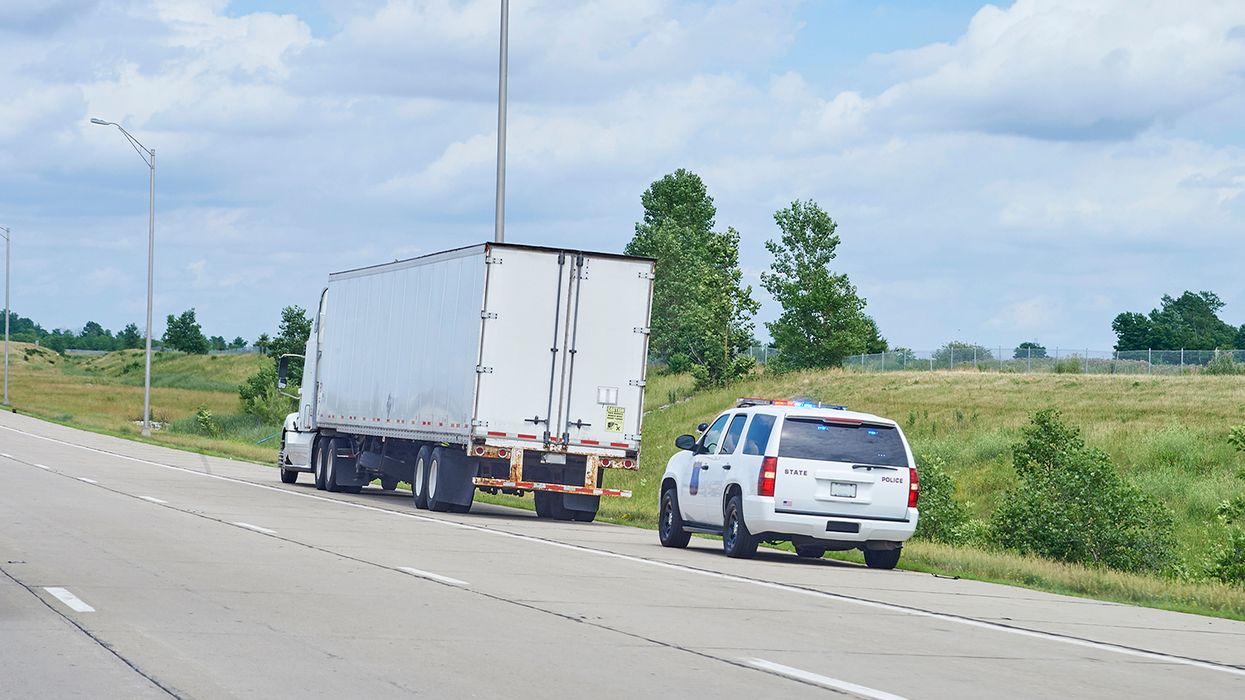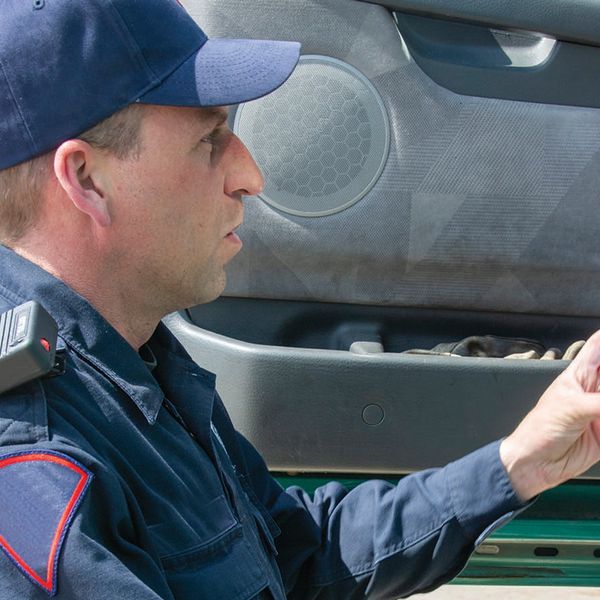Are you unwittingly using disqualified drivers?
Drivers who should be disqualified are slipping through the cracks and may still be behind the wheel, a recent government audit has found.
Investigators with the U.S. DOT looked into whether states are revoking driving privileges from CDL drivers in a timely fashion after the drivers are convicted for disqualifying offenses.
Among the findings:
| 2% | of almost 25,000 serious traffic violations examined were never posted to the drivers’ official driving records |
| 17% | of offenses classified as “major” or “serious” were not transmitted to the driver’s home state by the 10-day deadline |
| 11% | of major offenses were not posted to driving records by the 10-day deadline |
Under federal rules, states have 10 days to notify the driver’s licensing state of a traffic conviction. The state then has 10 days to process the conviction and post it to the driver’s record. After that, when warranted, states are supposed to disqualify drivers “as expeditiously as possible” according to the regulations.
Auditors cited examples where more than a year passed before serious offenses were transmitted. One case involved a driver operating under the influence in New Hampshire whose conviction was not reported for 575 days.
What’s a carrier to do?
It goes without saying that motor carriers may not use drivers who have been disqualified or otherwise lost driving privileges. A driver who is notified of lost driving privileges must notify the company before the end of the next business day. Motor carriers are expected to monitor driving records at least annually to ensure their drivers are still qualified. More frequent monitoring is recommended.
You cannot ‘disqualify’ a driver
What if a driver commits disqualifying offenses without anything happening to their license?
Officially, motor carriers cannot “disqualify” a driver on their own, even if the driver has committed a serious offense. By definition, “disqualification” is a licensing action that only the state can do. According to the FMCSA, “motor carriers have no authority to disqualify drivers.”
However, any motor carrier that knows or should have known that a driver was convicted for committing a disqualifying offense needs to act. According to FMCSA guidance, “a conviction for a disqualifying offense automatically disqualifies a driver from driving for the period specified in the regulations.”
Thus, if you learn of a driver’s conviction for a disqualifying offense listed in 391.15 (for all CMV drivers) or 383.51 (for CDL drivers), you should stop using the driver for the period of time specified in the regulations (depending on the offense).
Keep in mind:
- Some offenses require two or more convictions before disqualification is warranted.
- Convictions for violations in personal vehicles can still result in disqualification for CDL holders.
- A citation is not the same as a conviction. Conviction occurs only when a driver is found guilty, pays a fine, or pleads guilty or “no contest.”
Keys to remember: Not all states are processing driver convictions like they should. Motor carriers need to monitor driving records proactively and remove drivers from service after learning of a disqualifying conviction.





















































